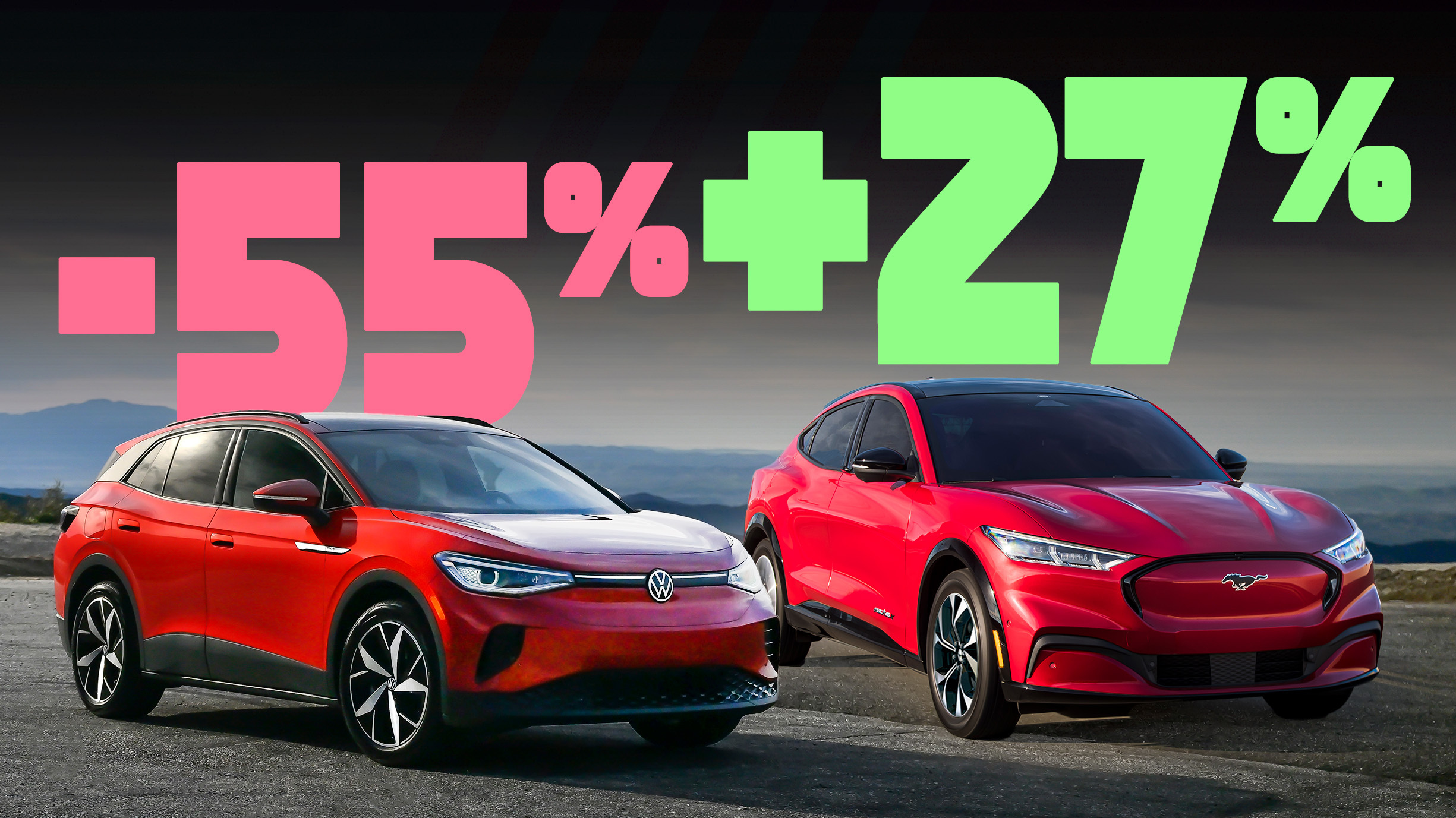GCC Islamic Banking Soars Amid Economic Growth and Stability
Islamic banking in the Gulf Cooperation Council (GCC) is poised for strong growth, driven by robust economic performance, rising demand for Shariah-compliant products, and resilient profitability.
Published September 16, 2024 - 00:09am

Image recovered from arabnews.com
Islamic banking in the Gulf Cooperation Council (GCC) region is experiencing remarkable growth, with various factors contributing to its expanding footprint. A recent report from Moody's Investors Service highlights the sustained economic growth, governments' commitment to promoting the broader Islamic finance industry, and increasing demand for Shariah-compliant products as pivotal drivers.
Data from the central bank of Oman revealed that the combined assets of the country's Islamic banks and windows surged by 18.1 percent to reach approximately 7.8 billion Omani rials ($20.2 billion) by June this year. This figure represents 11.4 percent of the sultanate's total banking sector assets, signaling a shift in consumer preferences towards Islamic financial products.
Similar trends are evident across the GCC region. Saudi Arabia leads the market penetration with an impressive 85 percent, followed by significant growth potential in the UAE, Oman, Kuwait, and Qatar. The financing needs associated with Saudi Arabia's ambitious Vision 2030 program are expected to further fuel the growth of Islamic banking in the kingdom.
Profitability remains a cornerstone for Islamic banks in the GCC. Studies by Moody's suggest that the net profit margins for these banks are less susceptible to fluctuations in the US Federal Reserve's monetary policy, thanks to their fixed-rate retail financing models. This insulation from monetary policy shifts provides Islamic banks with stable returns compared to their conventional counterparts. Over the next 12 to 18 months, profitability is expected to remain strong, underpinned by stable oil prices, ambitious economic diversification plans, and robust business confidence.
Growth in the sector is not limited to asset accumulation. Deposits in Oman's Islamic financial institutions grew by 14.7 percent, reaching nearly 6 billion rials by the end of June. This increase aligns with broader GCC trends where Islamic banks continue to attract substantial inflows due to the growing trust in Shariah-compliant services.
The sukuk market is also thriving globally. Moody's projects that sukuk issuance will reach $200 to $210 billion in 2024, up from less than $200 billion in 2023. This growth is supported by strong sovereign issuance in the GCC and Southeast Asia, particularly in countries like Malaysia and Saudi Arabia.
The demand for Shariah-compliant products shows no signs of abating. Moody's reports predict that this demand will continue to grow, enticing both individual and corporate clients. Consequently, the sector might see further consolidation through mergers aimed at boosting revenue generation and reducing operational costs.
Asset quality within GCC Islamic banks is another area of stability. Lending is concentrated in large-scale, low-risk projects, often backed by sovereign wealth funds like Saudi Arabia's Public Investment Fund. The non-performing financing ratios have remained stable since the onset of the pandemic, comparable to those of conventional banks. Government-led initiatives to promote home ownership and increase private sector employment are expected to present new opportunities for retail lending growth, particularly in the housing sector.
Islamic banks maintain a diversified portfolio with a significant component of their credit exposure concentrated in corporate financing, including construction, contracting, and real estate sectors. While smaller Islamic banks might face higher concentrations from single corporate borrowers, the risk is mitigated through lending to low-risk, government-backed projects.
Experts like Badis Shubailat, Assistant Vice President and Analyst at Moody's, emphasize that GCC Islamic banks are well-positioned to capitalize on the increasing demand for Shariah-compliant financial services, supported by substantial liquidity and strong capital. Non-oil economic growth across the Gulf is expected to remain robust through 2025, driven by aggressive government diversification strategies and heightened business confidence.
In conclusion, the Islamic banking sector in the GCC is on a robust growth trajectory. Supported by economic diversification plans, stable oil prices, and increasing consumer trust in Shariah-compliant products, Islamic banks are set to outperform their conventional peers. The continued expansion in assets, deposits, and sukuk issuance volumes underscores the sector's resilience and potential for further growth.








